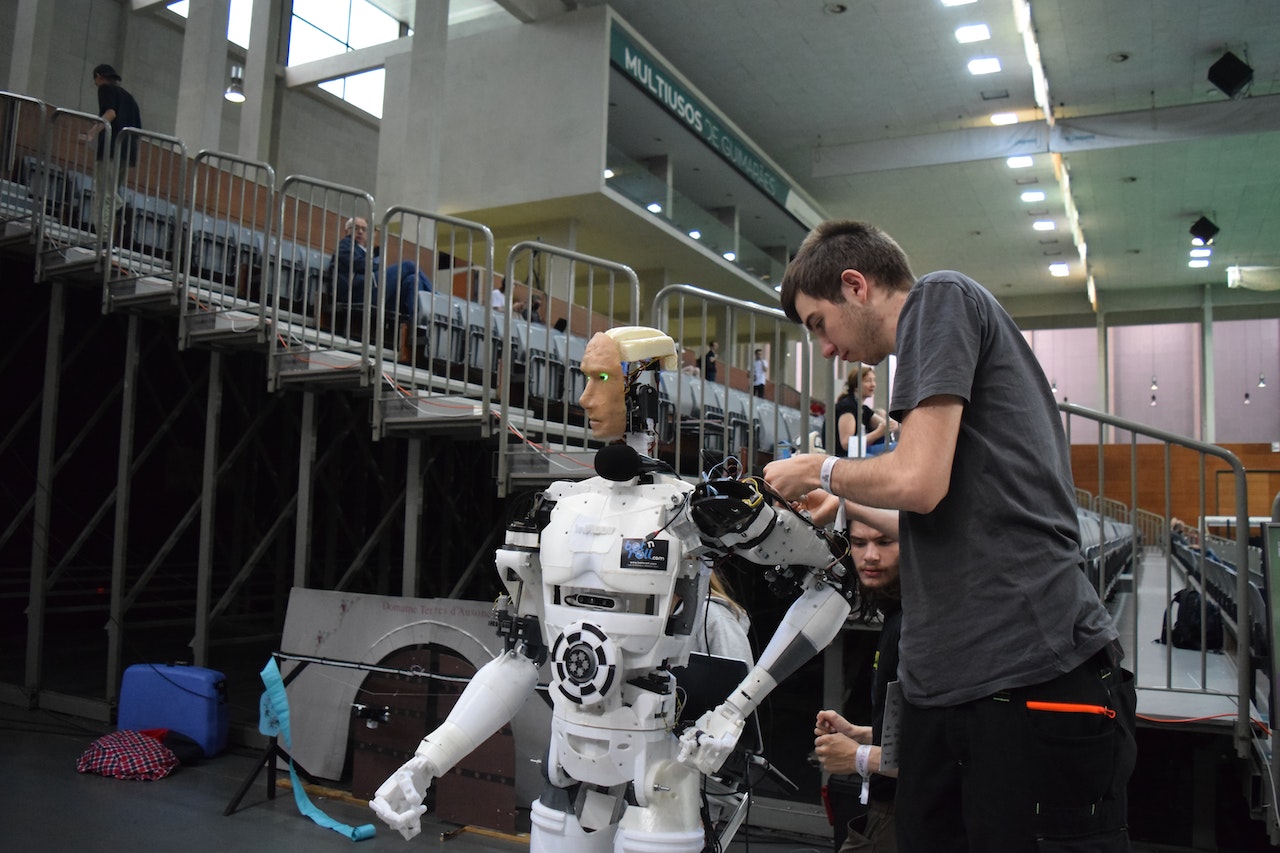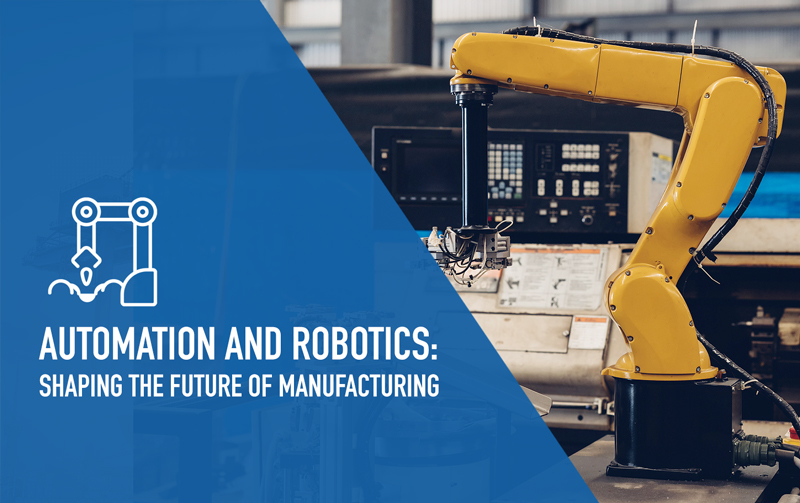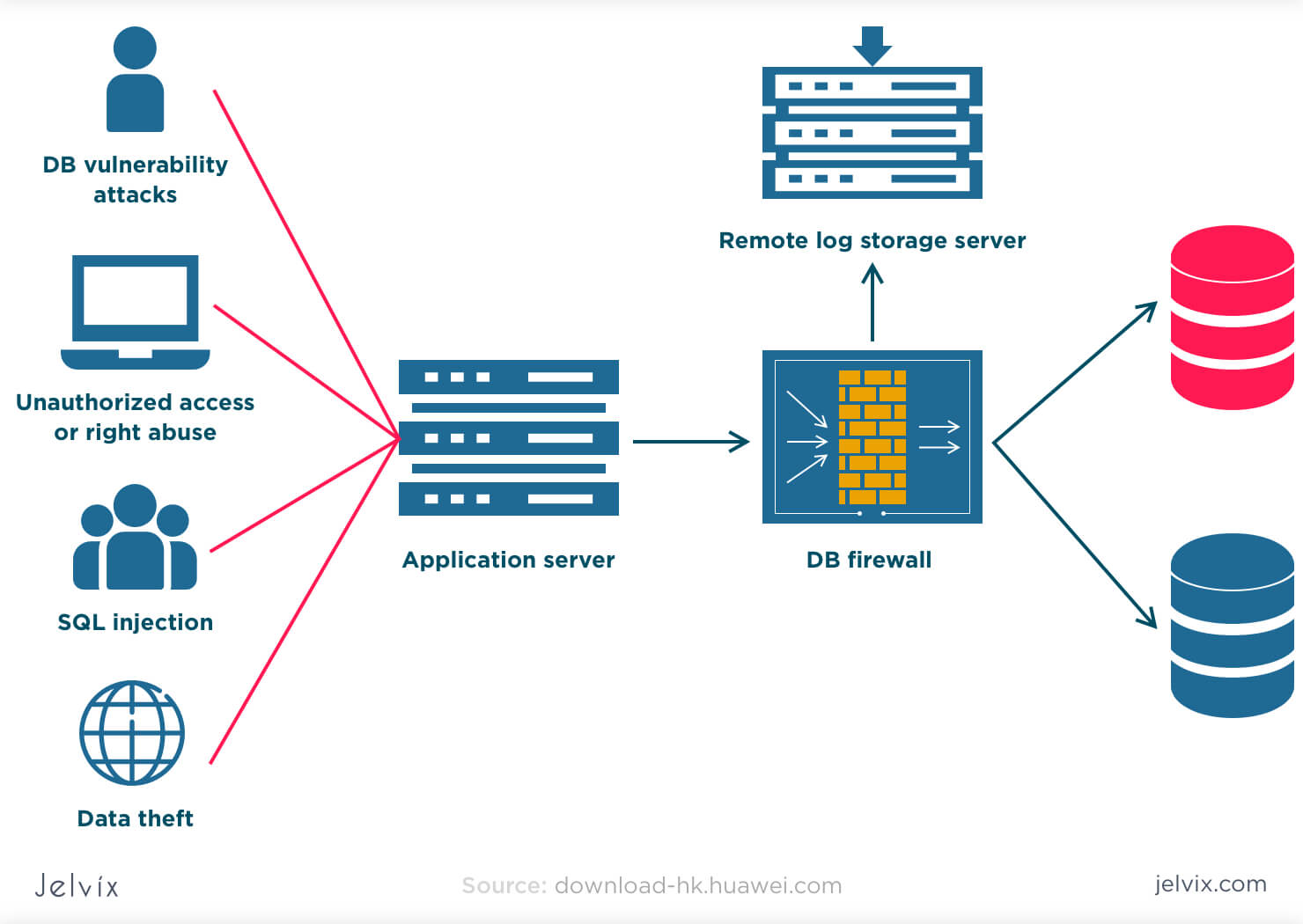Biotechnology has emerged as a transformative field with the power to revolutionize numerous industries, from medicine to agriculture, and beyond. Advancements in genetic engineering, synthetic biology, and other areas have unlocked immense potential, paving the way for a brighter future. In this blog post, we’ll explore how biotechnology is shaping our world and discuss its potential applications in various sectors.
1. Biotechnology in Medicine:
Biotechnology has led to groundbreaking advancements in medicine, enabling the development of life-saving treatments and therapies. Gene editing technologies, like CRISPR-Cas9, have the potential to cure genetic disorders by modifying faulty genes. Additionally, biopharmaceuticals derived from biological sources, such as recombinant proteins and monoclonal antibodies, are revolutionizing disease treatment and prevention.
2. Agricultural Biotechnology:
The world’s growing population poses significant challenges in terms of food production and sustainability. Biotechnology offers innovative solutions to address these issues. Genetically modified crops can be engineered to be more resistant to pests, diseases, and adverse environmental conditions, ensuring higher yields and reducing the need for pesticides. Biotech-derived animal feed additives also improve livestock health and productivity.
3. Environmental Applications:
Biotechnology holds immense promise in mitigating environmental challenges. Biofuels derived from renewable sources, such as algae or corn, offer a cleaner alternative to fossil fuels and help reduce greenhouse gas emissions. Bioremediation techniques that utilize microorganisms to break down pollutants in soil and water can help restore contaminated environments. Additionally, genetically modified bacteria are being developed to break down plastic waste.
4. Industrial Applications:
Biotechnology has transformative potential in industrial processes. Enzymes derived from microorganisms are used in various industries, such as textiles, detergents, and paper, to make manufacturing processes more sustainable and efficient. Fermentation processes involving genetically modified organisms are employed to produce bio-based chemicals, reducing dependence on petroleum-derived materials.
5. Biotechnology and Personalized Medicine:
Personalized medicine is a rapidly growing field, thanks to biotechnology. Genetic testing allows for individualized diagnosis and treatment plans, considering an individual’s unique genetic makeup. This tailored approach enhances treatment efficacy and reduces adverse reactions. Additionally, advancements in regenerative medicine, such as tissue engineering and stem cell therapies, provide hope for the treatment of previously incurable conditions.
6. Ethical Considerations:
While the potential of biotechnology is immense, it is crucial to address ethical considerations. Striking a balance between scientific progress and ethical guidelines is essential. Regulations and oversight must be in place to ensure responsible use and prevent misuse of biotechnology, safeguarding privacy, and addressing potential social and economic implications.
7. The Future of Biotechnology:
The future of biotechnology is bright and holds boundless possibilities. Continued research and collaboration between scientists, governments, and industries will drive advancements in the field. Integration with artificial intelligence and machine learning will further accelerate progress. As biotechnology continues to evolve, it promises to reshape industries, improve human health, and contribute to a sustainable and prosperous future.
In conclusion, biotechnology is a powerful tool with the potential to create a brighter future for all. Its applications in medicine, agriculture, environment, industry, and personalized medicine are transforming the way we live and addressing global challenges. However, responsible development, ethical considerations, and strong regulatory frameworks are crucial to ensuring the optimal and safe utilization of biotechnology’s potential. By harnessing the power of biotechnology, we can pave the way for a better and more sustainable world.











